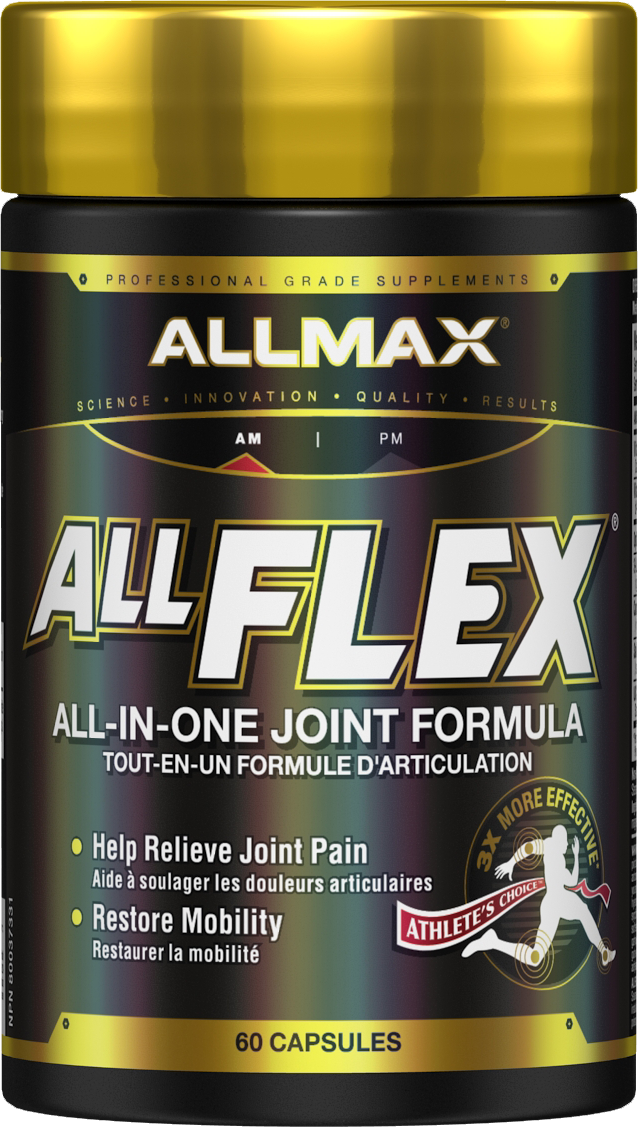Written by The Editors
Joint health is a critical aspect of maintaining an active and healthy lifestyle, especially as we age. The wear and tear on our joints can lead to discomfort and mobility issues, impacting our quality of life. Fortunately, dietary supplements can offer support for joint health, potentially easing discomfort and improving function. In this blog, we'll explore some of the best supplements known for their benefits to joint health, providing a casually professional insight into each.
Before diving into the supplements, it’s important to understand what affects joint health. Our joints are complex structures made up of bone, cartilage, synovial fluid, ligaments, and tendons, working together to allow smooth movement. Factors like age, weight, genetics, and repetitive stress can impact the integrity of these components, leading to conditions such as osteoarthritis.
Top Supplements for Joint Health
1. Glucosamine and Chondroitin
Glucosamine and chondroitin are two of the most well-known supplements for joint health. They are naturally occurring substances in our bodies that play a key role in the maintenance and repair of cartilage. As dietary supplements, they are often sourced from shellfish or made synthetically.
- Glucosamine is believed to help in the formation and repair of cartilage. It has been shown in numerous studies to reduce joint pain and stiffness, particularly in individuals with osteoarthritis.
- Chondroitin, often used in conjunction with glucosamine, helps retain water in the cartilage, providing essential lubrication and flexibility.
Multiple studies have demonstrated that the combination of these two supplements can significantly reduce pain and improve joint function, particularly in those with mild to moderate osteoarthritis.
2. Omega-3 Fatty Acids
Omega-3 fatty acids, commonly found in fish oil, have potent anti-inflammatory properties, which can be beneficial in reducing joint pain and swelling. These essential fats are not produced by the body and must be obtained through diet or supplements.
- Eicosapentaenoic Acid (EPA) and Docosahexaenoic Acid (DHA) are the types of omega-3s that are particularly effective in reducing inflammation.
- Clinical studies have shown that omega-3 supplements can reduce the need for anti-inflammatory medications in people with rheumatoid arthritis.
3. Turmeric/Curcumin
Turmeric contains curcumin, a chemical with strong anti-inflammatory and antioxidant properties, which can help manage joint pain and inflammation.
- Curcumin is not easily absorbed by the body, so many supplements include piperine (found in black pepper) to enhance absorption.
- Several studies suggest that curcumin can significantly reduce symptoms of joint inflammation and is particularly helpful in cases of rheumatoid arthritis.
4. Vitamin D
Often overlooked in discussions about joint health, Vitamin D is crucial for calcium absorption and bone health, impacting joint function and health directly.
- Vitamin D deficiency is associated with an increased risk of rheumatoid arthritis and other musculoskeletal diseases.
- Ensuring adequate Vitamin D intake, either through diet, sunlight, or supplementation, can support joint and bone health.
Choosing the Right Supplement
When considering supplements for joint health, it’s important to take a personalized approach:
-
Consult with a Healthcare Provider: Before starting any supplement, especially if you have underlying health conditions or take other medications, it’s crucial to consult with a healthcare professional.
-
Quality Over Quantity: Choose high-quality supplements from reputable brands, such as AllMax Nutrition, that have been independently tested for purity and potency.
-
Consider Your Needs: Depending on your specific symptoms or conditions, some supplements may be more suitable than others. For example, if inflammation is a primary concern, omega-3s and turmeric might be particularly beneficial.
-
Monitor Your Progress: Supplements can take time to show effects. Keep track of your symptoms and discuss any changes with your healthcare provider.
What we can conclude then is that supplements can be a valuable tool in managing joint health, but they are not a standalone solution. They work best when combined with a healthy diet, regular exercise, and medical advice. Understanding the role and efficacy of each supplement can help you make informed decisions about what might work best for your joint health needs. With the right approach, supplements can help you maintain or even improve your joint health, keeping you active and pain-free for years to come.
 If you're looking for a joint support supplement from a trusted brand, we suggest trying ALLMAX Nutrition's ALLFLEX, a powerful supplement that has been clinically show to be 345% as effective as a combination of 1500mg of Glucosamine & 1200mg of Chondroitin.
If you're looking for a joint support supplement from a trusted brand, we suggest trying ALLMAX Nutrition's ALLFLEX, a powerful supplement that has been clinically show to be 345% as effective as a combination of 1500mg of Glucosamine & 1200mg of Chondroitin.

